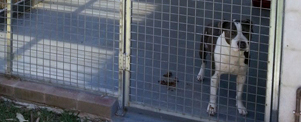RECEPTION
On arrival at the Bligh Park Veterinary Hospital we will record your details and also those of your pet. We will also record weight and vaccination and/or heartworm status. Questions will be asked such as: What is the problem? Presenting symptoms are important in diagnosing the disease. How did it happen? How long has it been sick? Is the problem getting worse?
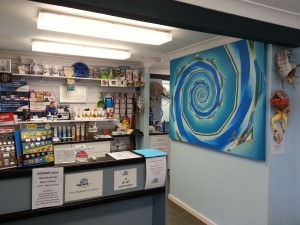
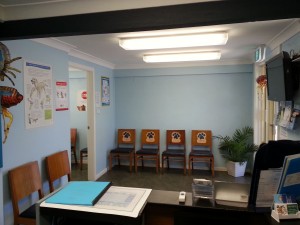
VETERINARY EXAMINATION
TREATMENT
Occasionally an animal has a problem that can be treated at home but a re-inspection (check up) is recommended. Re-inspection ensures that the correct diagnosis is reached, and more importantly the patient is improving with treatment. Some conditions may deteriorate despite the correct treatment for example corneal ulceration in the eye.
Treatment may also involve hospitalisation and surgery.
HOSPITALISATION
Hospitalisation is recommended with extremely sick patients. This allows us to supply more intensive treatment, heat and rest, as well as continual ongoing monitoring. Surgical procedures under anaesthesia require hospitalisation to allow complete recovery before returning home. Fluid therapy by intravenous drip has to be done in hospital.
We encourage visiting and are proud of our bright and spacious hospital facilities. The nurses will be happy to show you around.
FURTHER TESTS
In most cases examination allows the vet to gain a diagnosis. However some diseases require further tests to reach the specific diagnosis. It may be that symptoms are vague or that examination has pointed us towards a broad number of conditions. Blood, urine, biopsies and X-rays are the most common tests carried out in the Bligh Park Veterinary Hospital. Most tests are sent to an outside laboratory. The results, returned by fax, are interpreted by us but also by the laboratory pathologist, giving us a valuable second opinion.
SEDATION AND/OR GENERAL ANAESTHESIA
Some tests require sedation or general anaesthesia in order that they can be carried out. This is usually to avoid further pain to the animal or to allow safe restraint of your pet. For example general anaesthesia is often essential to let us take good X-rays. Furthermore complete relaxation allows joints and muscles to be more fully manipulated, as well as giving us the opportunity for administering treatment such as the application of a cast on a broken leg. Other procedures requiring general anaesthesia include exploratory laparotomy, whereby we surgically open into the abdomen, and biopsy and removal of lumps.
SURGERY
When your pet is discharged from hospital, the nurse will provide you with written advice regarding aftercare for your pet following the anaesthetic and the surgical procedure. Often the vet will speak further with you about your pet’s problem and prescribed treatment.
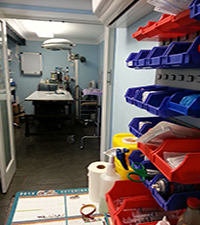
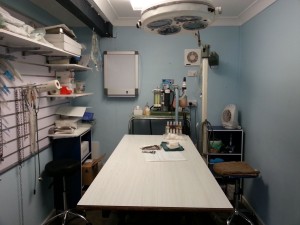
REFERRAL TO A SPECIALIST
RELIEVING SUFFERING
We can also help you with aftercare arrangements for your pet.
Consultations
Consultations
Consultations





